Sometimes in life, you end up staying connected to the people you lose over the years, be it, lovers or friends, because they are in a way, like you. And that is the main reason you got connected to them in the first place.
It’s probably happened to you before. You ran into your ex-partner at a shopping center, one that is closest to you but furthest from their house. Or you’ve had a look at their new partner who strikes a similar resemblance to… you? Most people may bring these small occurrences down to coincidence. But I am here to tell you something that you may or may not like hearing.
These “insignificant” actions are small things we are aware of, but we do not know if one night they decided to have pizza delivered to their door only an hour before you chose to do the same thing. Or if they shared a post that came across your feed that you also couldn’t resist doing.
We Sre Always Connected To The People In Our Lives That Are No Longer In Them

Whether it be an old boyfriend or girlfriend or a best friend that we no longer speak to. I don’t mean to say those old feelings are there, because people are capable of moving on and they should never feel tied down to the past. But this is a case of a phenomenon we cannot control and something people should learn to appreciate and understand.
The truth is, those old lovers or friends crossed our path for a reason, and understanding why they did is important.
You see, we usually bond with those who think like us. We make friends based on differences sometimes, sure, but we bond when we have things in common—a love for a certain activity, a similar fashion style or music taste, and even combined hate for something.
Related: 7 Signs You Are Spiritually Connected With Someone
Is it so bizarre to think that the person you once dated crossed your path because they, too, thought like you?
Deep down, they wanted to see that movie at the theater on the same day you decided to or they sat at the bar at the same time you did because they wanted to get drunk too. And that is the very reason why you two not only met but decided to create some amazing memories together.
So why is it when these relationships end, many people sigh in disgust when seeing these people again? Or feel tones of fear or dread?
If you have ever lost somebody, whether on good terms or not, you will probably run into these people again in your lifetime, and if you do, learn to appreciate that these people, in a sense, think like you.
And isn’t it cool to know that although things may have ended and you hold no sense of regret, this person allowed you to feel less alone for that small moment in time you were together?
I think acknowledging that is pretty special.
Check out Samira Vivette’s website for more such beautiful articles, www.samiravivette.com
Written By Samira Vivette Previously Published By Thought Catalog
How can you be connected to the people that are no longer there with you? Just because you don’t talk to someone anymore, that doesn’t mean there isn’t anything there. You will always be in a way, connected to the people that you lose in your life, and it really isn’t that farfetched or weird. It’s just how the human connection works, you know.
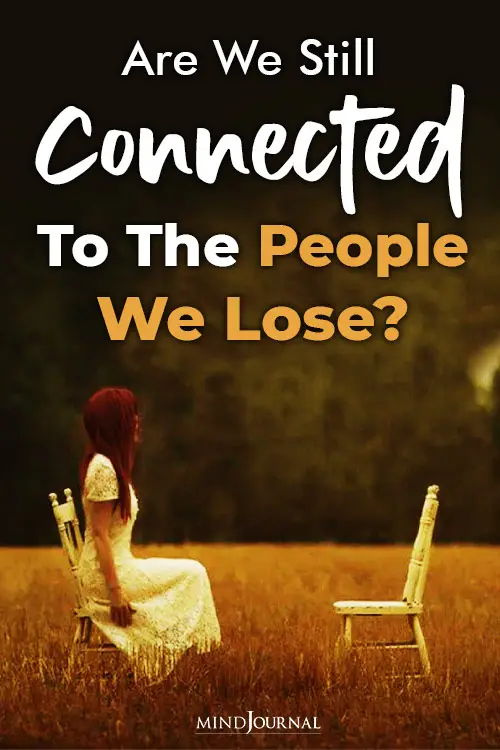
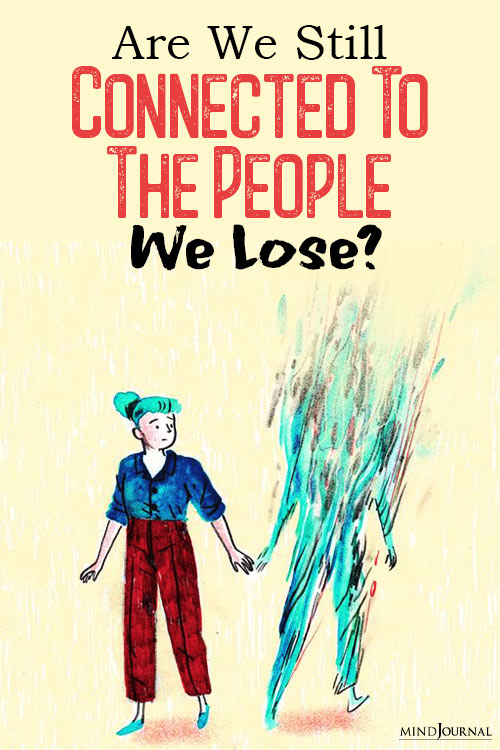
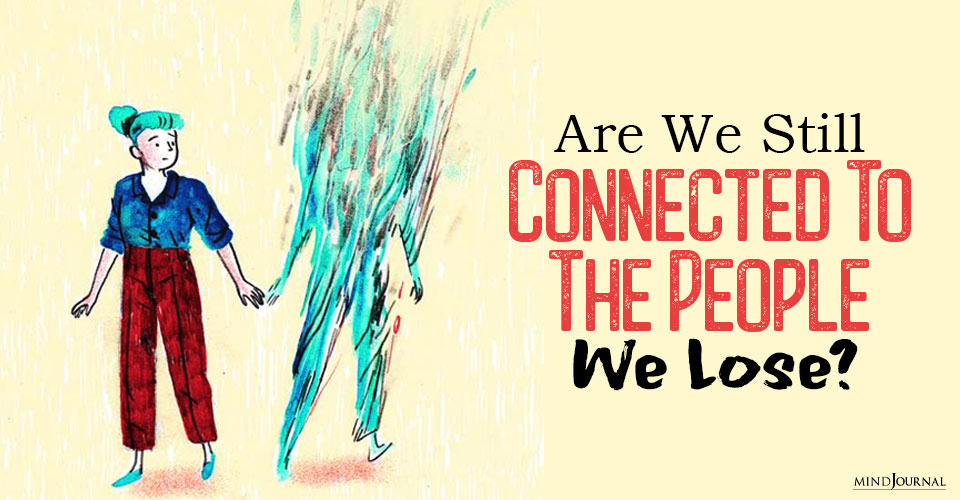
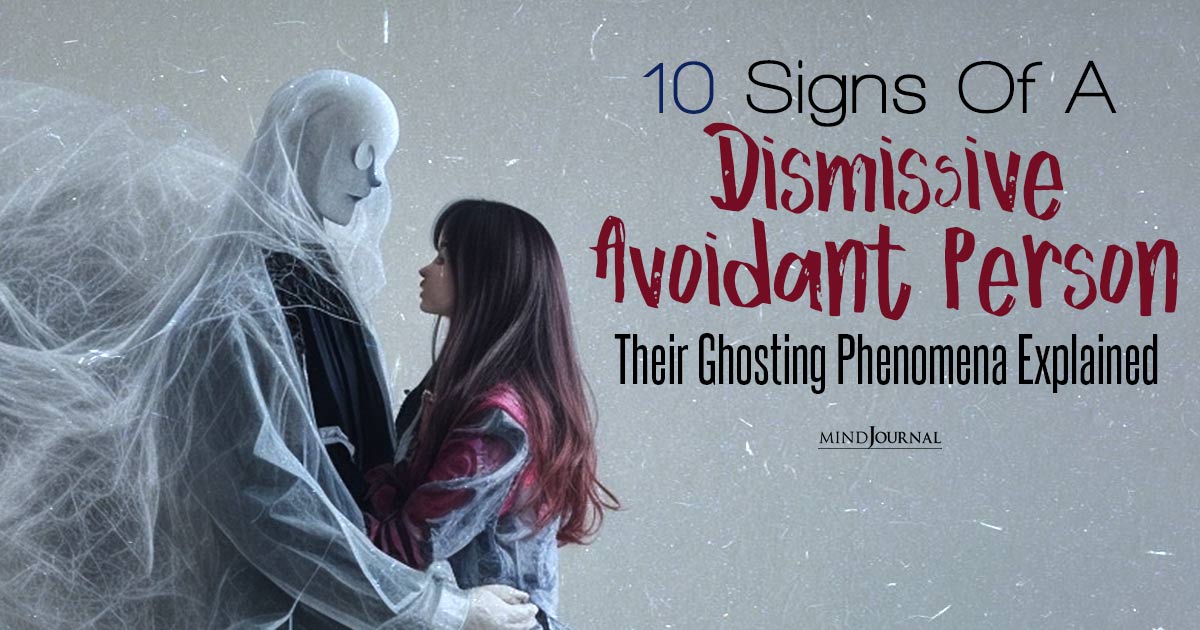
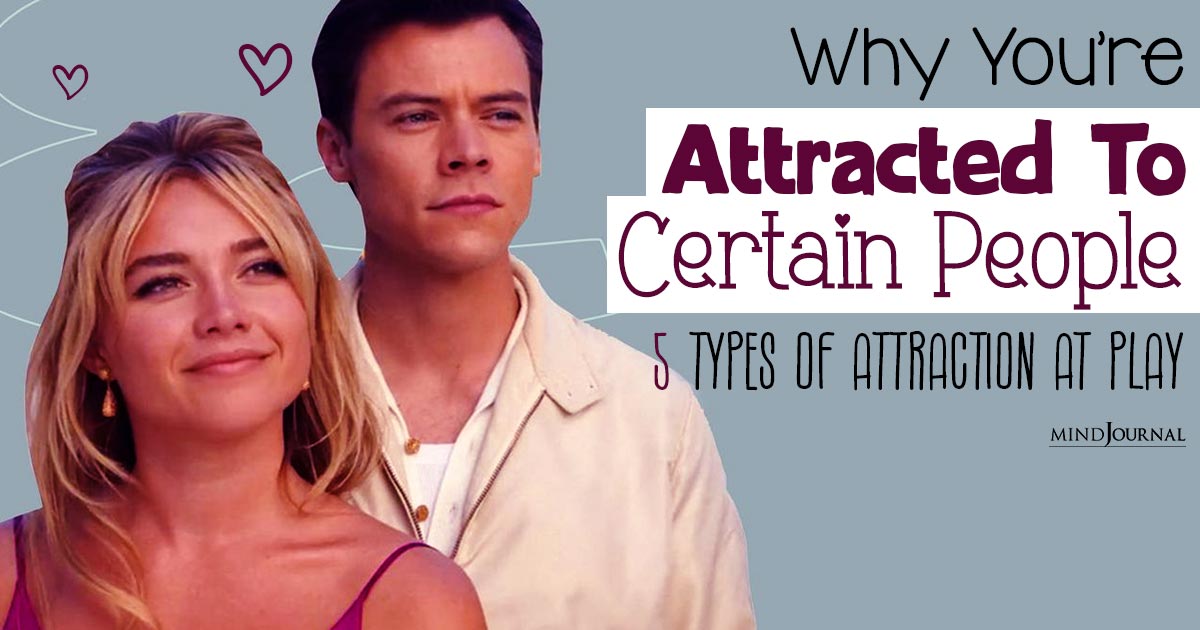
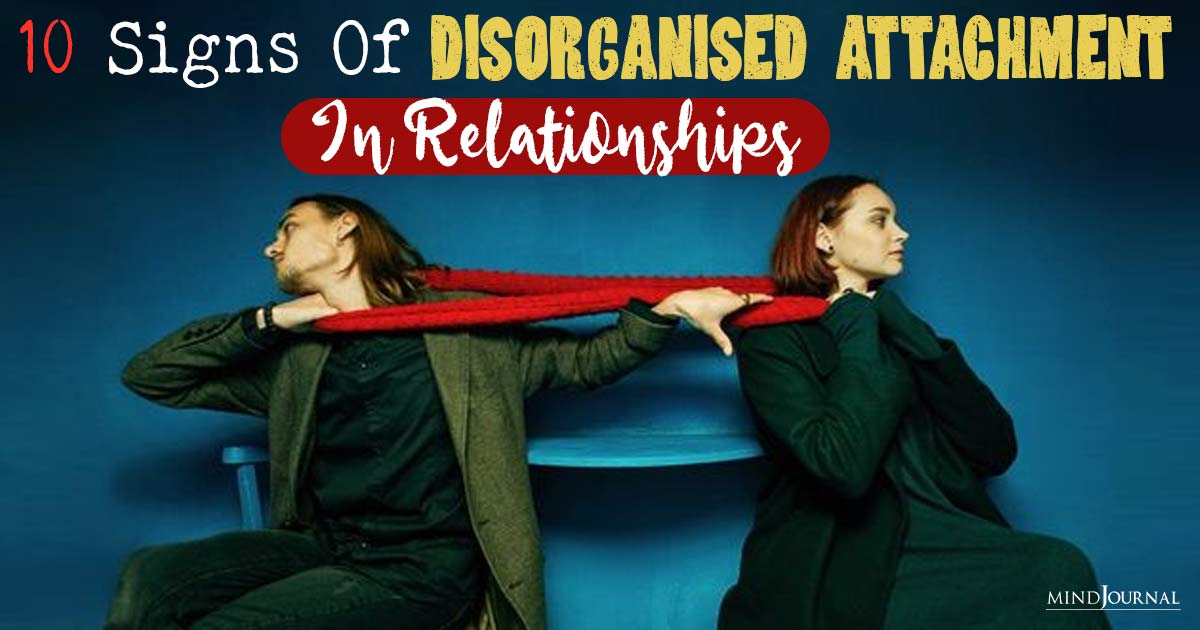
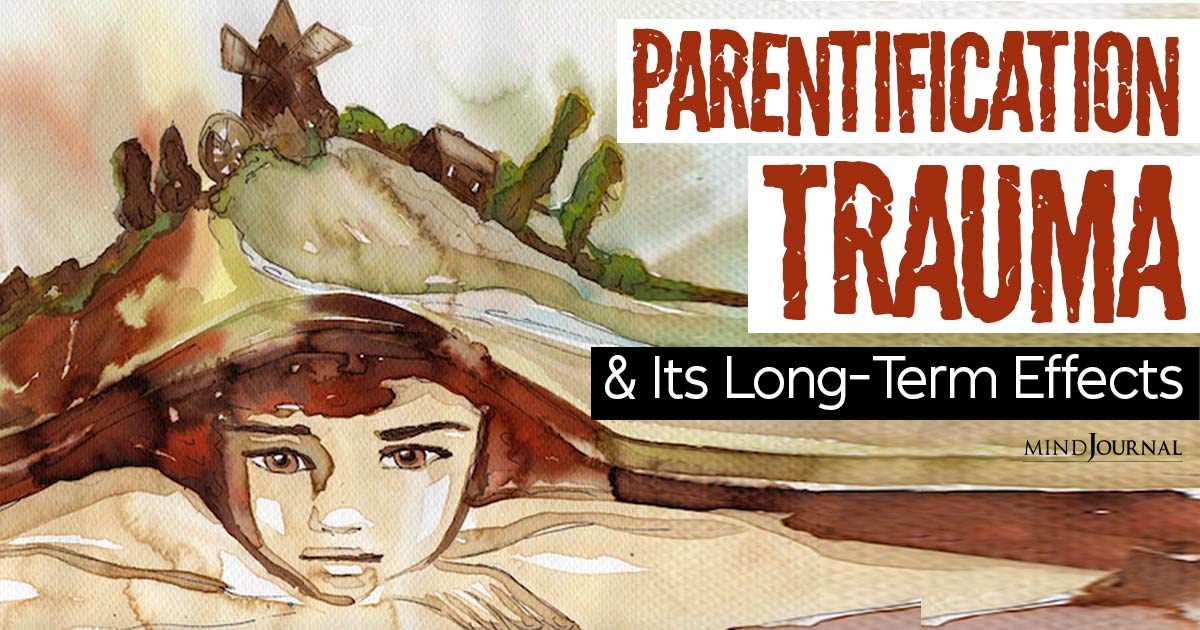
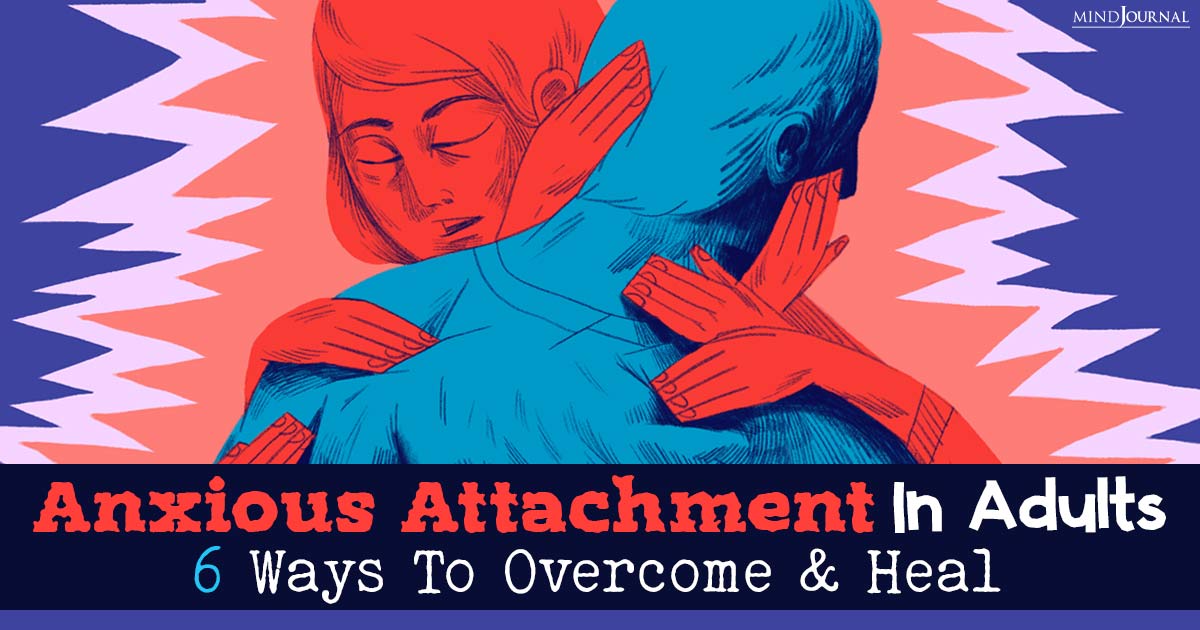
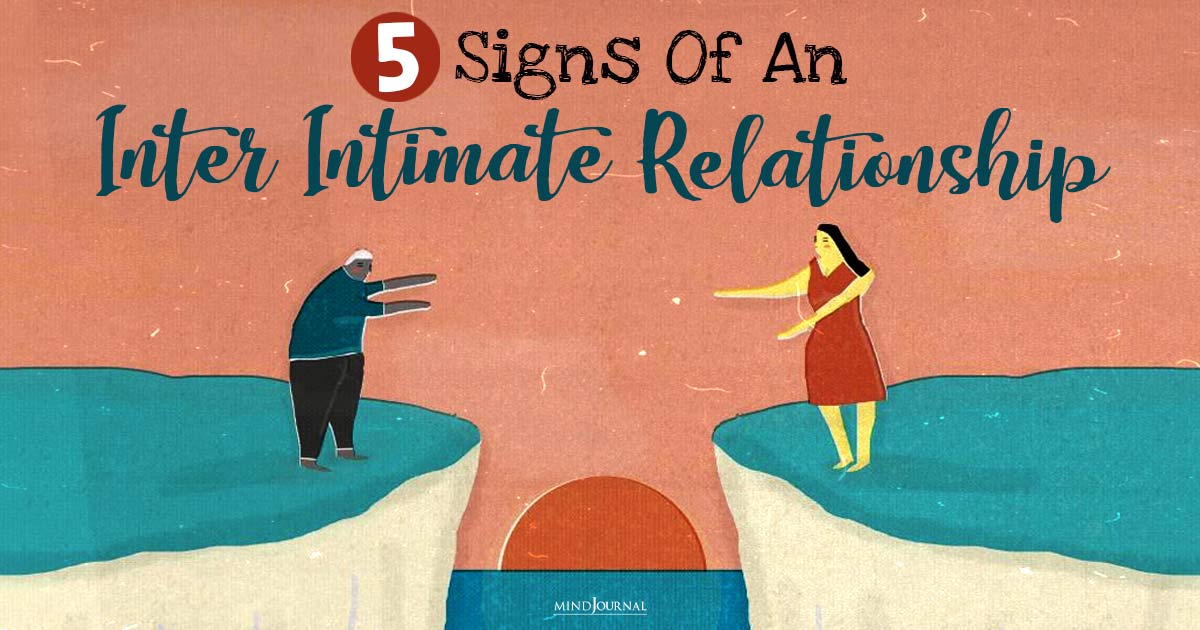
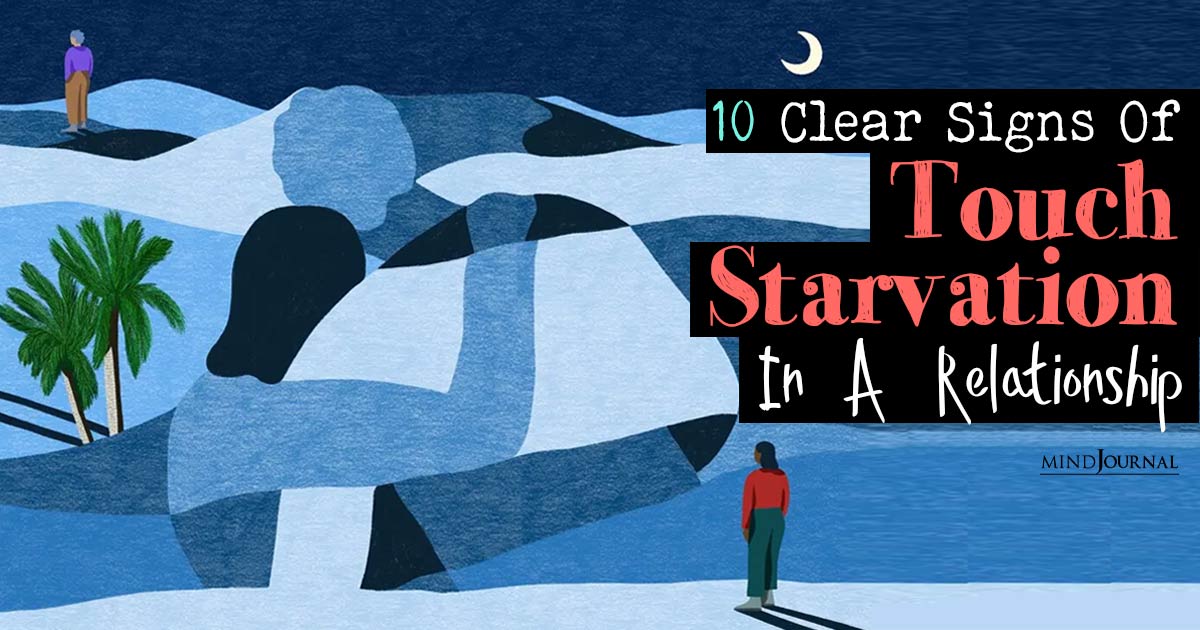
Leave a Reply
You must be logged in to post a comment.